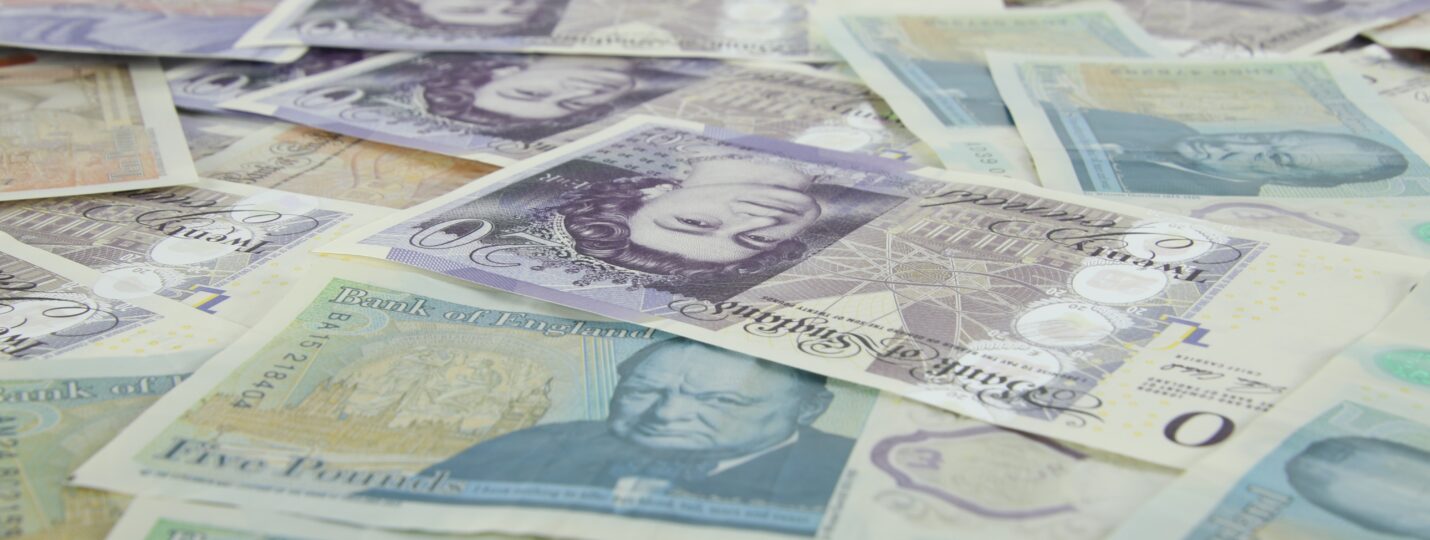
Countries That Use Pounds in 2024
The pound sterling (GBP), a powerful currency that echoes through the financial corridors of the United Kingdom and its territories, commands both admiration and intrigue. Divisible into 100 pence, pounds exist in the form of both tangible pound notes and pound coins, representing a symbol of wealth and economic prowess. However, while the pound shares its name with other currencies, its association with the UK sets it apart.
Renowned for its strong exchange rate against the US dollar, even earning the moniker “cable,” the pound remains unpegged from any specific currency. Yet, the aftermath of Brexit, marking the UK’s departure from the European Union in 2020, has cast an uncertain shadow over its stability. The full impact of this historic decision on the pound’s future remains yet to be realized.
As we journey forward, navigating uncharted economic terrain, join us in exploring the countries that utilize pounds, their unique variations, and the intricate web of factors that may shape the pound’s path in the times ahead. Step onto the map and delve into the charts to discover the enigmatic landscape of pounds in a world ever-evolving.
Countries Where the Pound Is the Primary Currency
Country/Territory | Currency | $1 USD (2022) = |
Egypt | Egyptian pound (EGP) | 24.51 EGP |
Lebanon | Lebanese pound (LBP) | 1507.50 LBP |
Sudan | Sudanese pound (SDG) | 569.25 SDP |
Syria | Syrian pound (SYP) | 2512.51 SYP |
South Sudan | South Sudanese pound (SSP) | 130.26 SSP |
United Kingdom | Pound sterling (GBP) | 0.84 GBP |
Guernsey | Guernsey pound (GGP)* | 0.84 GBP/GGP |
Isle of Man | Manx pound (IMP)* | 0.84 GBP/IMP |
Jersey | Jersey pound (JEP)* | 0.84 GBP/JEP |
Tristan de Cunha | Pound sterling (GBP) | 0.84 GBP |
British Antarctic Territory | Pound sterling (GBP) | 0.84 GBP |
British Indian Ocean Territory | Pound sterling (GBP) | 0.84 GBP |
Falkland Islands | Falkland Islands pound (FKP)* | 0.84 FKP |
Gibraltar | Gibraltar pound (GIP)* | 0.84 GIP |
Saint Helena & Ascension | Saint Helenian pound (SHP) | 0.84 SHP* |
South Georgia and South Sandwich Islands | Falkland Islands pound (FKP)* | 0.84 FKP |
Note: The currency symbols (*) denote local currencies used in specific territories alongside or interchangeably with GBP.
A Short History of the Pound
- The pound, the world’s oldest currency still in active circulation, originated in Anglo-Saxon England during the late ninth century (750-800) when a “pound” of silver could produce 240 “sterlings” (pennies/pence).
- Following the Norman conquest in the 1060s-1080s, the pound’s value was set at 20 shillings (240 pence), influenced by a measurement system introduced by Roman Emperor Charlemagne.
- British pound coins were introduced in 1489 during the reign of King Henry VII. In 1971, the pound underwent decimalization, replacing the “shillings and pence” system with a new penny valued at 1/100th of a pound.
- Unlike many European Union countries that transitioned to the euro, the United Kingdom decided to retain the pound as its currency.
- While several countries currently use the pound, numerous others have used it historically but now employ different currencies. For a comprehensive list of countries that have utilized the pound in the past, refer to the table provided at the end of this article.
Countries That Use Pounds: Conclusion
In summary, the pound has a storied history and has retained its significance as the currency of the United Kingdom. Its longevity, from its inception in Anglo-Saxon England to its decimalization, demonstrates its resilience. While the UK’s choice to maintain the pound while others adopted the euro sets it apart, the currency remains an important marker of national identity and economic stability.
Exploring the countries that currently use or previously used the pound provides valuable insights into the diverse global financial landscape. Understanding the pound’s role sheds light on the complexities of currency systems and their impact on nations and economies.
FAQs
What is the pound currency?
The pound currency, also known as the pound sterling, is the official currency of the United Kingdom and its territories. It has a rich historical background and is widely recognized as one of the oldest currencies still in use today.
How is the pound currency denoted?
The pound currency is symbolized by the pound sign (£) and is often referred to as the British pound or British pound sterling. It is divided into 100 pence, and both paper bills and coins, including the pound coin, are in circulation.
Is the pound a strong currency globally?
Yes, the pound is considered a strong currency in the global market. As the official currency of the United Kingdom, it holds a significant position in international trade and finance. The pound sterling has a history of stability and is actively traded against various foreign currencies.
Can I use the pound outside of the United Kingdom?
While the pound is primarily used in the United Kingdom, it may not be widely accepted as a means of payment in other countries. It is advisable to exchange your pounds for local currency when traveling abroad, considering the exchange rates and availability of other currencies.
What other currencies share the name "pound"?
Apart from the British pound sterling, there are other currencies that share the name "pound." Some examples include the Egyptian pound and the Syrian pound. However, these currencies are separate and distinct from the British pound, each belonging to their respective countries.
How does the pound sterling exchange rate fluctuate?
The exchange rate of the pound sterling varies against other currencies in response to market forces such as supply and demand. Factors like economic indicators, political events, and investor sentiment influence the exchange rate. It is essential to stay updated with the latest rates when engaging in international transactions.
Is the pound a widely traded currency?
Yes, the pound sterling is among the world's most traded currencies. Its status as an international reserve currency and its involvement in global financial markets contribute to its widespread use in foreign exchange transactions and international trade.
Can I use the pound in Egypt or Syria?
No, the Egyptian pound is the official currency of Egypt, while the Syrian pound is the official currency of Syria. While they share the same name, they are separate currencies from the British pound. When visiting Egypt or Syria, it is necessary to exchange your pounds for the local currency to conduct transactions in those countries.
How does the pound currency impact the United Kingdom's economy?
The pound's performance plays a significant role in the United Kingdom's economy. Fluctuations in the pound's value can affect import and export prices, inflation rates, and foreign investments. Monitoring the pound's strength and stability is crucial for economic policymakers and market participants.
How does the pound compare to the US dollar?
The pound sterling and the US dollar are two major currencies in the global market. The exchange rate between them determines the value of one currency relative to the other. The rate fluctuates due to various factors such as economic indicators, interest rates, and geopolitical events, impacting trade and investment flows between the United Kingdom and the United States.





